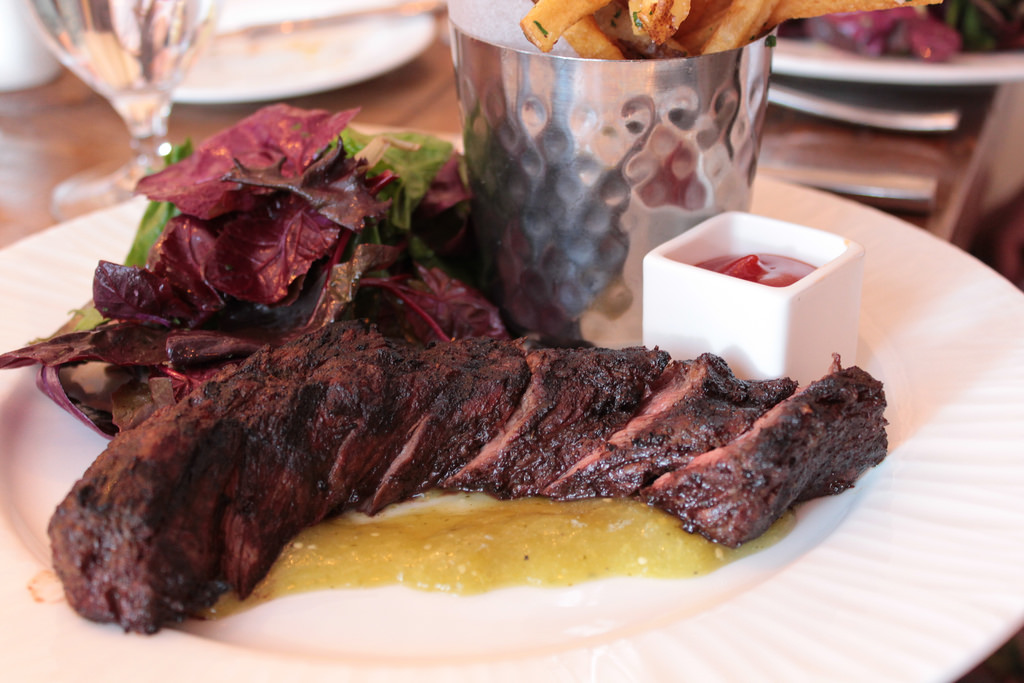What is nutrition? Technically, nutrition is the science of food, but according to Dartmouth dietitian Claudette Peck, this definition is only one part of the bigger picture, “your relationship with food on a daily basis is far more important than the content.”
Answering the question, “What does your body need?” is the first step to forming a basis of nutrition knowledge.

Photo by Victoria Li
Figuring out what your body needs should not be a challenge. Dartmouth dieticians Claudette Peck and KC Wright offer some simple guidelines.
– Fruits and vegetables are good sources for nutrients you need
– Whole grains are a great source of fiber and help your brain function
– Fats are important, plant fats are the best kind
– Calcium, vitamin D and iron are things your body need everyday
– Eat colorful meals, your plate should reflect a variety of vitamins of nutrients
– Everything in moderation; there is no one perfect food
“Why do you eat?” Eating both pleasures and fuels us; finding a personal balance between eating for pleasure and eating for sustenance can put you on the right path to a healthy relationship with food.

Photo by Sharon Cho
So, how do you find a balance?
The first rule to nutrition is that there are no specific rules, Claudette Peck tells us that while “there are principles and facts…nutrition is an ever-evolving science and rules are constantly changing.” Finding the right balance means being mindful about what your body needs on a daily basis, being flexible about meal choices, and above all, enjoying what you eat.
But…I don’t have time for nutrition. On a college campus, eating nutritiously can seem difficult, inefficient, or expensive, but what you eat can have a huge impact on how you feel and function. Being nutritious on campus is all about priorities and choices. If you take time out to think about what you’re eating, this will eventually become second-nature. Understand the value of different types of food and be creative but don’t stress, you can eat well at college and still leave room for guilty pleasures!
Harvard School of Public Health’s website contains some nutrition basics and deeper information about things like carbs, sugar, and sodium.
KC Wright from the office of Health Promotion at Dick’s house hosts an open hour at Foco once a month discussing topics like antioxidants, pros and cons of certain diets, or anything else you’d like to know more about.
Make an appointment with KC or Claudette by going to the Health Promotion and Wellness website here.

